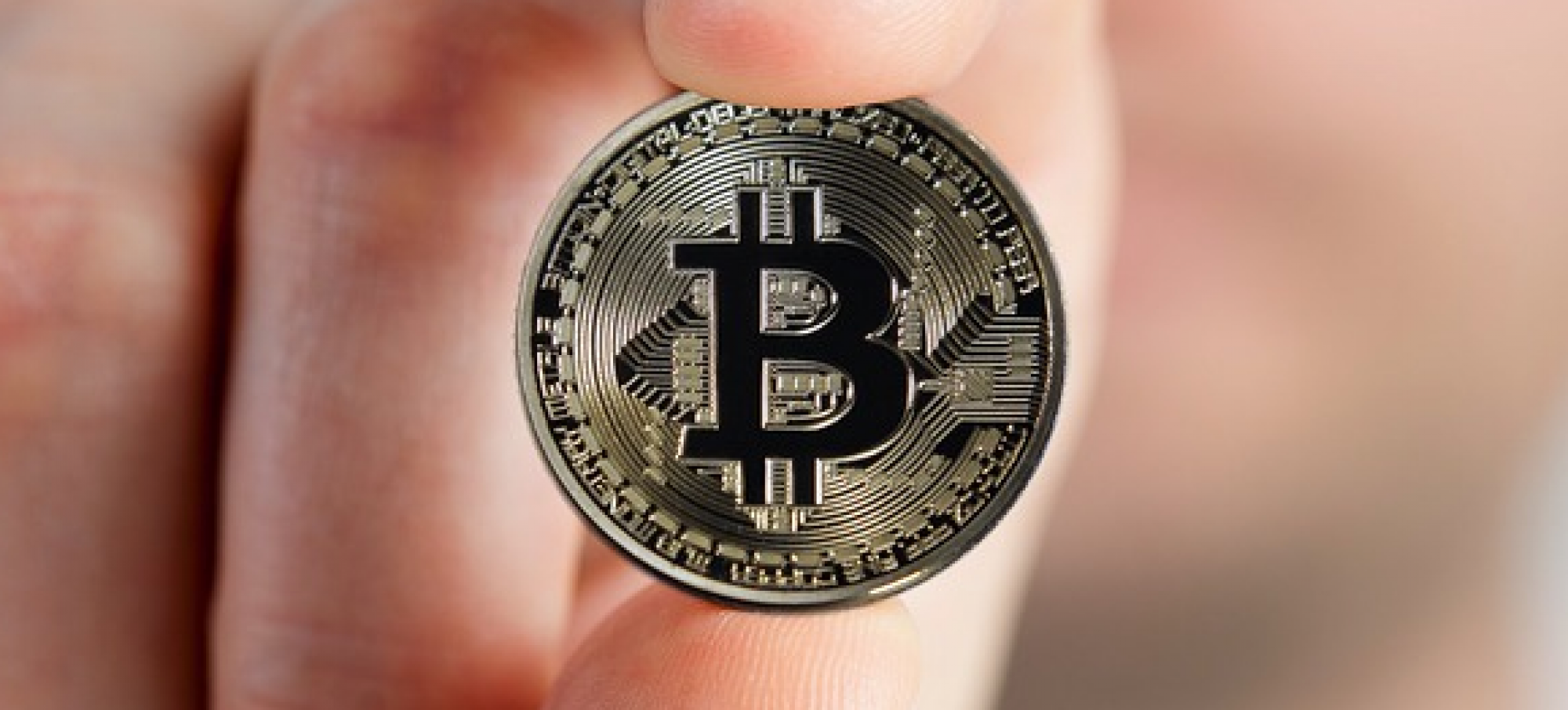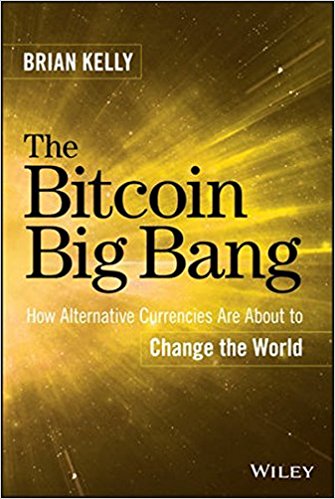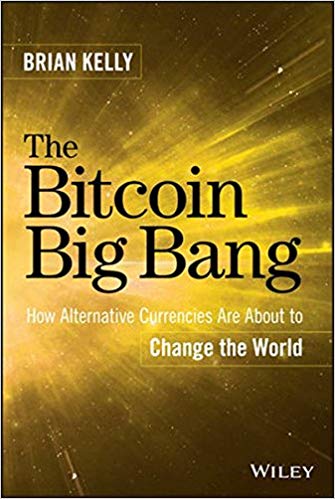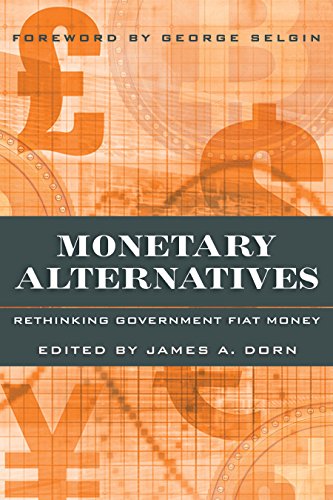In the US, Bitcoin is a phenomenon that has captured the attention of the population, and raises speculation about the price and “staying power” of the cryptocurrency. You see, in the US, we have a solid fiat currency – The United States Dollar – and Bitcoin is just an additional asset to acquire. Especially if it goes up in price. But US Citizens don’t “NEED” Bitcoin. it really doesn’t solve a problem for us. If you have Dollars, that is the coin of the realm, and is graciously accepted throughout America and it’s territories.
“Women’s Annex has led to a significant increase in female adoption of bitcoin in Afghanistan, which in turn allowed many women to access unprecedented levels of financial autonomy. During a recent Blockchain Summit event, Roya Mahboob recounted the story of one woman whose “husband always hit her and took all [of her] money from her”. After joining Women’s Annex and being introduced to cryptocurrency, the woman was able to save enough bitcoin to “later [sell] them off and [get] a lawyer to get her divorce”, said Mahboob.” – Bitcoin News
In Africa, only 20% of the population have bank accounts, but 60-70% of the population have cellphones. It is easier to get a bitcoin wallet for your phone, than to open a bank account. Muslim women, who cannot enter a bank without a man to “conduct” transactions for her, can keep a phone with a bitcoin wallet under their Burka, avoiding public judgement on her behavior, and using bitcoin to conduct business. This is discussed in detail in a Coinbase article.
Bitcoin is an enabling mechanism in countries where the fiat currency is undesirable, or the banks are difficult to do business with, or the culture prevents people from conducting business. Bitcoin may not be more than a novelty where the fiat currency is strong (Yen, Euros, pounds), but it is a powerful business tool in the developing world. That, my friends, is why Bitcoin matters!
AND: Bitcoin Coffee Mugs!






